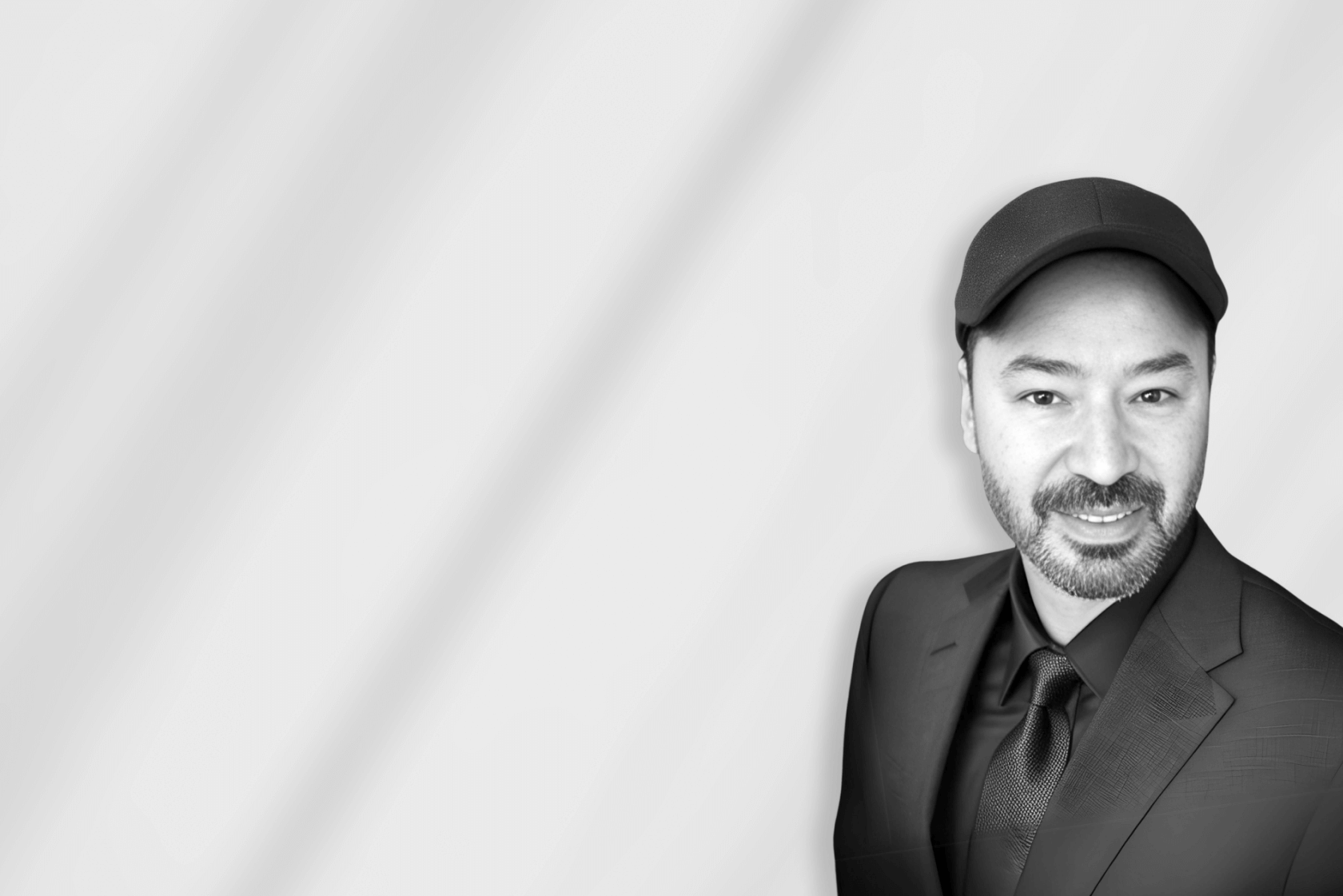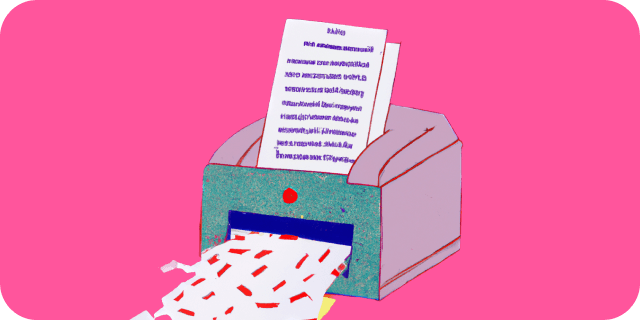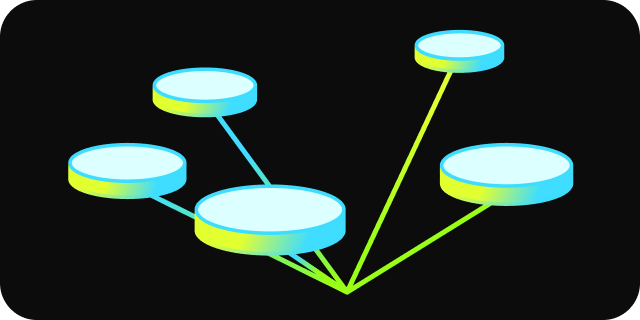
Francois Wayenberg
Our today’s guest is Francois Wayenberg, a seasoned AI researcher and the driving force behind Ajinomatrix — a pioneering startup that is set to redefine the food industry through the power of artificial intelligence.
Let's start with a brief introduction. Can you tell us a bit about your background?
If you were to describe your product to someone who knows nothing about it, what would be the simplest way to explain how your technology actually works?
How did you come up with the idea for your startup?

'Ajinomatrix' is such an interesting name for a company. Sounds futuristic and somewhat intriguing. How did it come about?
You mentioned that most of your clients come from Asia. Do you also work with the European market?
Do you remember your very first client?
Isn't that overcomplicating things? You know, maybe a croissant should just be a croissant.
Why do you think it's risky for companies not to use your technology?
Let's talk about funding. Have you had any experience with attracting investors? Are you actively looking for external funding? How are you approaching this?
What's next on the horizon? We’ve heard you’ve got a book coming out soon – what's it about in a nutshell?
Sounds quite gripping! So when will it be published?
Any final thoughts? Maybe share some advice for aspiring entrepreneurs?

Thank you for reading Francois’s story, hope you’ve enjoyed it. If you are looking to share your story, please leave us the form below and we will contact you back. Cheers!



















